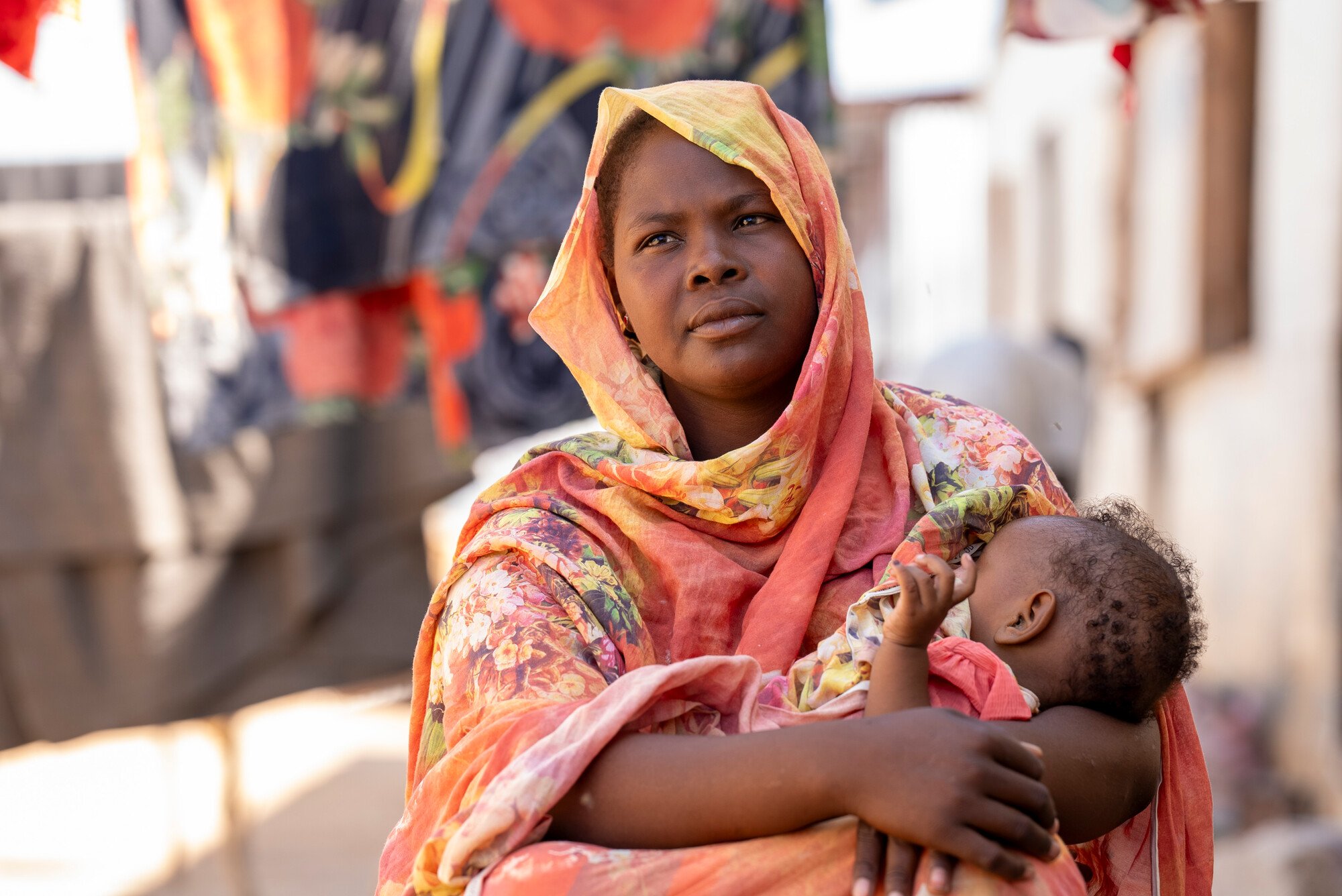The “lungs of the world”—are burning at an alarming rate. The Amazon rainforest covers millions of square miles across nine countries, including Bolivia, where an area roughly the size of Delaware has been destroyed.
Oxfam and its partners are quickly responding to the needs of people living in Bolivia’s affected areas. In the hard-hit municipality of San Ignacio de Velazco, Oxfam and its partners, Centro de Investigación y Promoción del Campesinado and Colectivo Rebeldía, are coordinating with the government to provide clean water to indigenous communities and help families cover basic food needs.
“Our immediate concern is ensuring people are safe and have access to food and water. We’re currently providing 40 water tanks and food in 11 communities,” said Bolivia country director Carlos Aguilar.
In the coming days, our work will focus on assessing the damage and its effect on the health, homes, and livelihoods of people living in this area. During the three weeks the fires have burned, more than 2,000 square miles of forest and pasture have been destroyed. These areas are home to hundreds of wildlife species on which indigenous communities depend for food and their work. The fires have also caused smoke-related health problems, including respiratory infections, dehydration, and asthma, and diarrhea caused by contaminated water.
As the fires continue to burn, we will expand our relief and recovery support to other affected areas.
This emergency brings to light the devastating toll agribusiness, extractive industries, and livestock farming is causing in the Amazon forest. Oxfam has been working with local partners in Bolivia, Peru, and Colombia for decades to fight the threats these activities pose to people, including the seizure of land and its related deforestation.
How land is used has massive consequences for climate change. For example, industrial farming practices rob soil of its rich biodiversity and produce emissions associated with fertilizer use. Clearing land of trees—whether for grazing pasture or planting crops—further exacerbates climate change, as the carbon dioxide trees would normally absorb are instead released into the atmosphere.
As Oxfam and its partners address the immediate needs of people suffering the effects of these fires, we’ll also continue our long-term fight against massive deforestation and the expansion of agribusiness practices that threaten not only those who live in these regions, but all of us.




